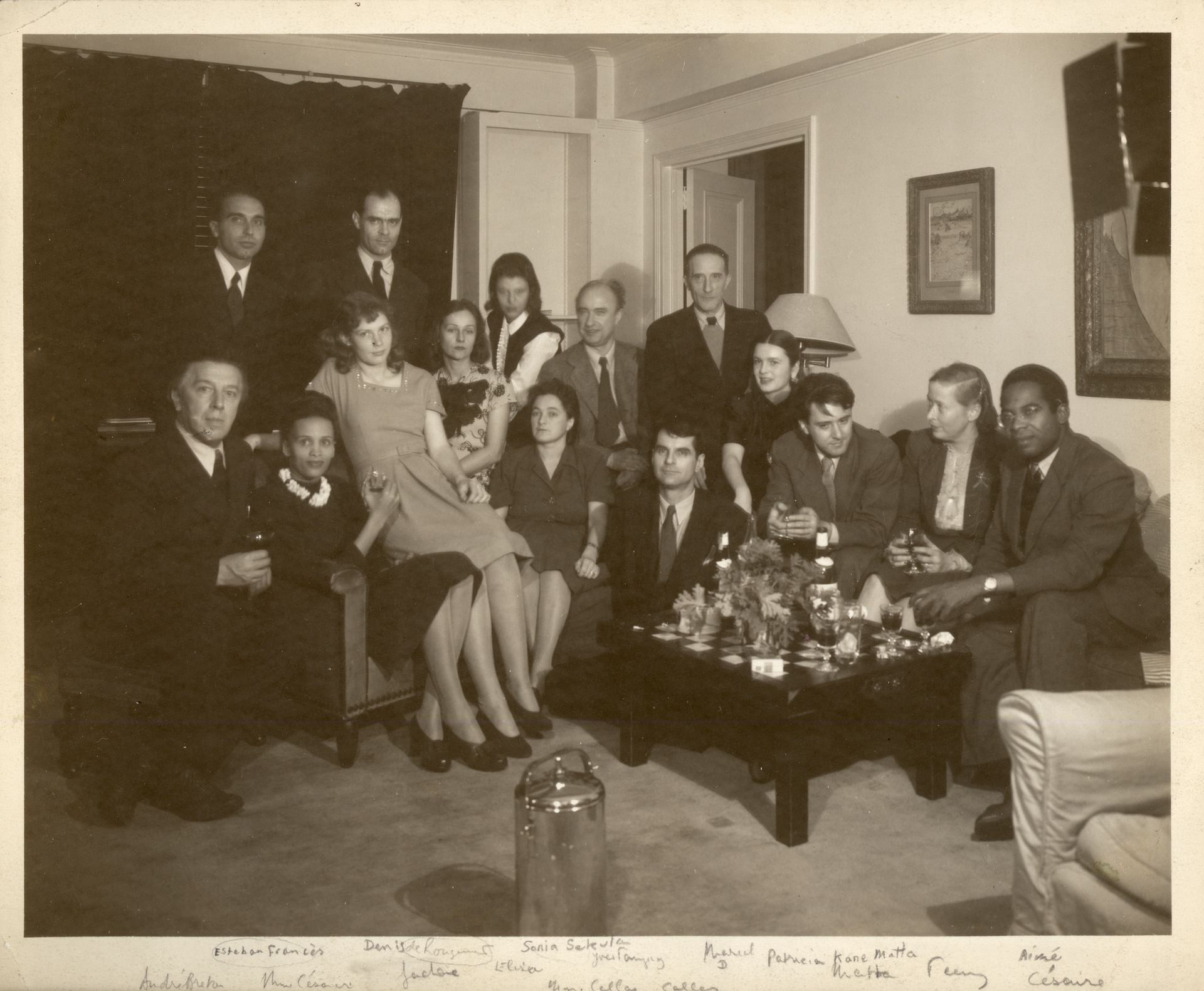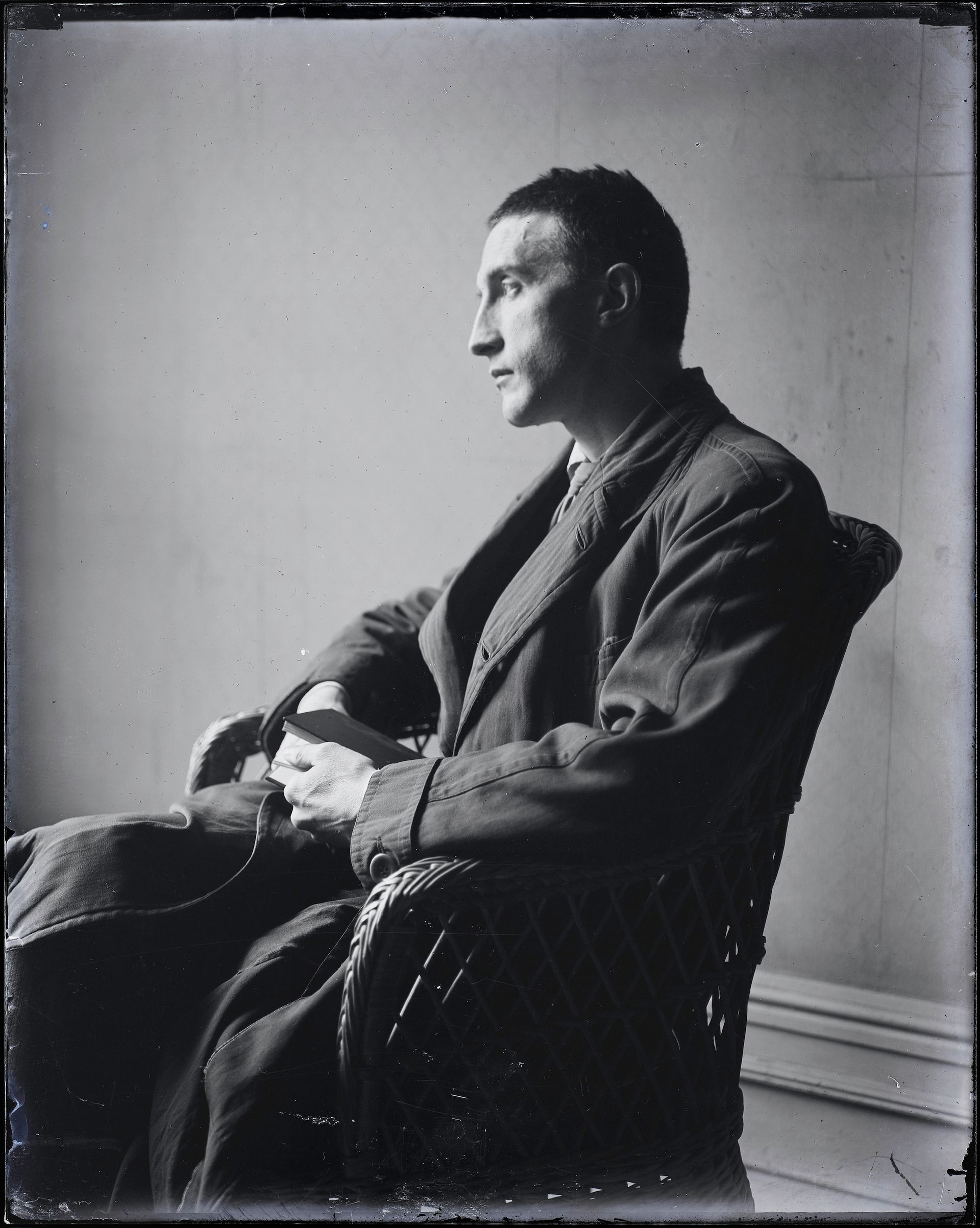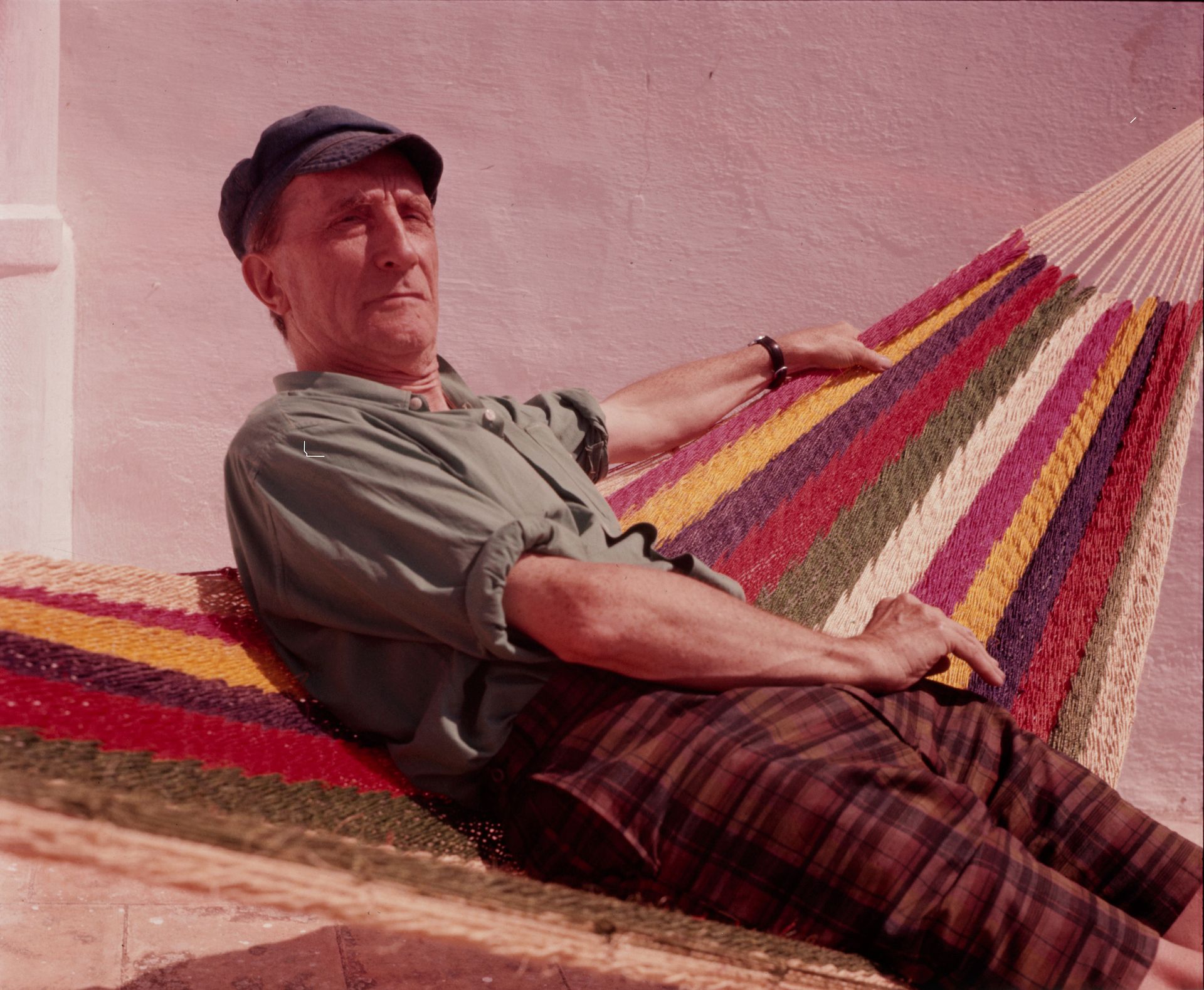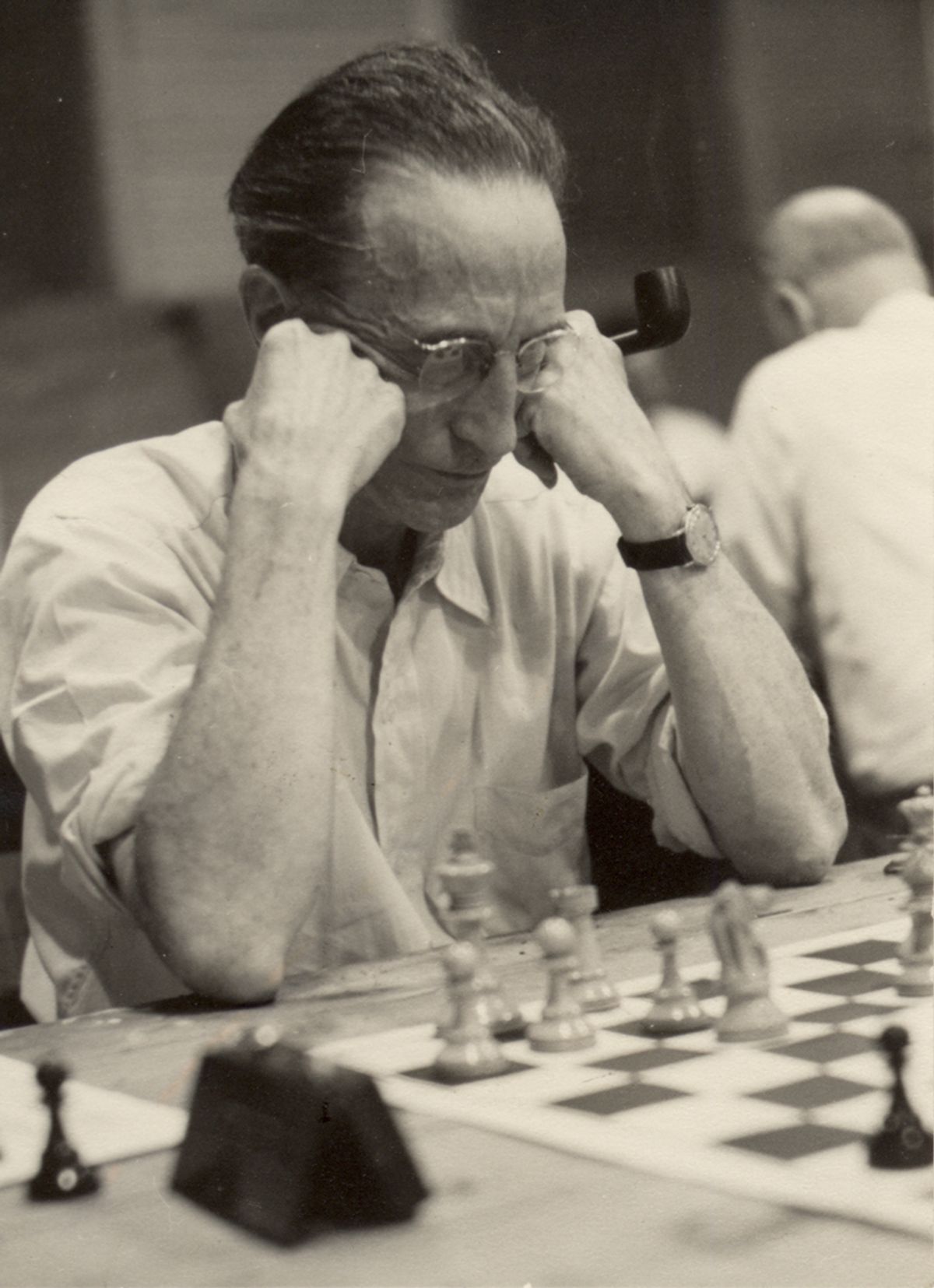The world’s armchair art historians, conceptual art aficionados and chess buffs are in luck. An expansive online research portal centred on the life and work of the artist Marcel Duchamp has been launched, giving the at-home investigators and Cubism-curious free access to more than 18,000 documents and around 50,000 images. The initiative is the result of a seven-year collaboration between three institutions, one American and two French, the Philadelphia Museum of Art (PMA), the Association Marcel Duchamp (AMD), and Paris’s Centre Pompidou.
Among the trove of information in the portal will be the vast Alexina and Marcel Duchamp Papers and Arensberg Archives at the PMA, the archival collections of the AMD, and the André Breton and Constantin Brancusi collections at the Centre Pompidou. There will also be items from the major Duchamp retrospective exhibitions held in Philadelphia in 1973 and at the Centre Pompidou in 1977 and materials linked to the development and installation of the artist’s final major work, Étant donnés 1° la chute d’eau, 2° le gaz d’éclairage (Given: 1. The Waterfall, 2. The Illuminating Gas) (1946-66), at the PMA.

André Breton, Esteban Frances, Suzanne Césaire, Jacqueline Matisse-Monnier, Denis de Rougemont, Élisa Breton, Sonia Sekula, Madame Nicolas Calas, Yves Tanguy, Nicolas Calas, Marcel Duchamp, Patricia Kane Matta, Matta, Alexina "Teeny" Matisse and Aimé Césaire, New York, November 20, 1945. Courtesy Duchamp Research Portal
The portal “makes the act of discovery possible for researchers around the world who are fascinated by one of the most revolutionary artists of the past century”, PMA director and chief executive Timothy Rub says in a statement, especially since “people are seeking richer online art experiences now more than ever.”
The most interesting items are often the most intimate and involve other major players in the evolution of 20th-century art. A 1950 letter—with enigmatic marginalia—from Breton. A 1933 postcard to Constantin Brancusi. Many candid photographs by Duchamp’s friend and fellow giant of the era, Man Ray.

Portrait of Marcel Duchamp by May Ray, around 1919. Man Ray Trust/Adagp, Paris © Centre Pompidou, Mnam-Cci, Paris.
Despite its current enormity, the portal may still grow. Antoine Monnier, director of the Association Marcel Duchamp says in a statement that like the artist’s Large Glass, the portal is “definitively unfinished” and “echoes the artist’s intercontinental travels, life, friendships, artworks, love affairs and chess games. Through making these archives accessible globally, we hope that Marcel Duchamp’s idea of freedom will inspire visitors to the site and that they will remember that the artist’s life and art were one”.

Picture by Man Ray of Marcel Duchamp in a hammock in his residency in Cadaquès, Spain, 1965. Man Ray Trust/Adagp, Paris © Centre Pompidou, Mnam-Cci, Paris.


